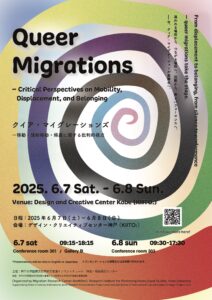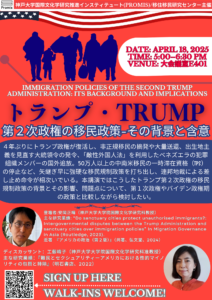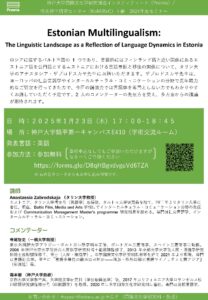

Localized Multiculturalism and Nationalism
Principal Researcher in Kobe University
Hiroki OKADA
(Professor, Graduate School of Intercultural Studies, Kobe University)
Principal Researchers in the Oversea Partner University
Yung-Ho IM
(Director, Institute for Social Science Research, Pusan National University)
NGUYEN Thu Huong
(Vice dean, Faculty of Japan Study, Vietnam National University)
The phenomenon of immigration and movement of migrant workers as a result of globalization has led to the creation of social policies based on the so-called multiculturalism. Multiculturalism traditionally evolved through the immigrant societies of the United States, Canada, Australia, and Europe; however, recently, the numbers of migrants in Japan, East Asia, and the ASEAN nations have been progressively increasing due to the declining birth rates and the aging societies in these regions, among other factors, and this has created conflict over how to accept the multiculturalism that has already evolved in the West and a restored sense of nationalism. Examples of these efforts are Japan’s multicultural policies, South Korea’s immigration policy, and multilingual education that has been attempted in various locations. In our joint research, we call these attempts “localized multiculturalism,” and we first share basic information about each society’s sending/receiving status, theories on the localization of multiculturalism, and divergence from this in actual practice.






